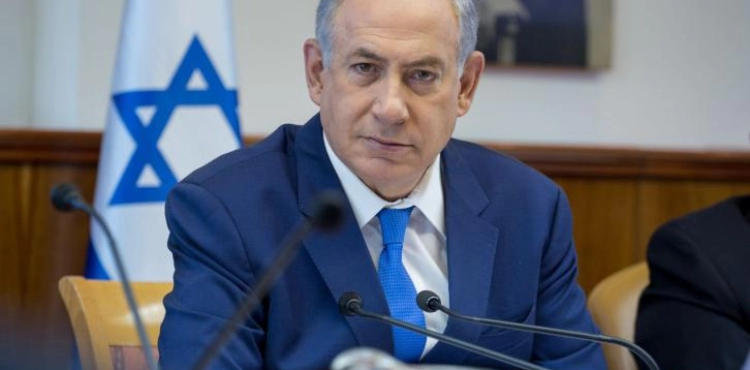TEL Aviv _ Agencies
Israeli Prime Minister Benjamin Netanyahu on Wednesday rejected an invitation to attend a conference on anti-Semitism in New York organized by UNESCO, justifying his refusal that the UN agency is "always biased" against the Jewish state, his office said.
Israel withdrew from UNESCO in 2017 accusing the agency of anti-Jewish state. The Israeli withdrawal from UNESCO came shortly after a similar resolution adopted by the United States.
Netanyahu said in a statement issued by his office that "with their withdrawal from UNESCO in 2017, Israel and the United States have made it very clear that there can be no tolerance at all after today with the anti-Semitism of UNESCO."
"When UNESCO ends its bias against Israel and stops denying history and begins to defend the truth, then Israel will be honoured to rejoin it, but, pending this, Israel will address anti-Semitism in UNESCO and everywhere," he said.
In his statement, the Israeli prime minister stressed that "since 2009, UNESCO has issued 71 resolutions condemning Israel for only two resolutions for the rest of the world. This is scandalous.
"UNESCO should do more than host a conference on anti-Semitism," he said. She must stop practicing anti-Semitism. "
In New York, the Director-General of UNESCO, Audrey Azoulay, did not respond directly to Netanyahu´s statements, but said that "racism, anti-Semitism, and B. We are all concerned and call for collective mobilization."
"The fight against racism and anti-Semitism through education is at the core of UNESCO´s principles," she justified the meeting.
"It is a collective responsibility that no one should shirk and not be exploited because it requires us to be united," Azouay said.
One of the resolutions that angered Israel was the proclamation by the UNESCO World Heritage Committee in July 2017 of the Old City of Hebron as a "protected area" as a site "with exceptional global value", and its inclusion on the list of endangered heritage sites.
The Hebron, which is a hotbed of tension, comprises 200,000 Palestinians and hundreds of Israeli settlers holed up in an enclave protected by Israeli soldiers near the Ibrahimi Mosque.
In 2011, UNESCO decided to include Palestine as a full member.












